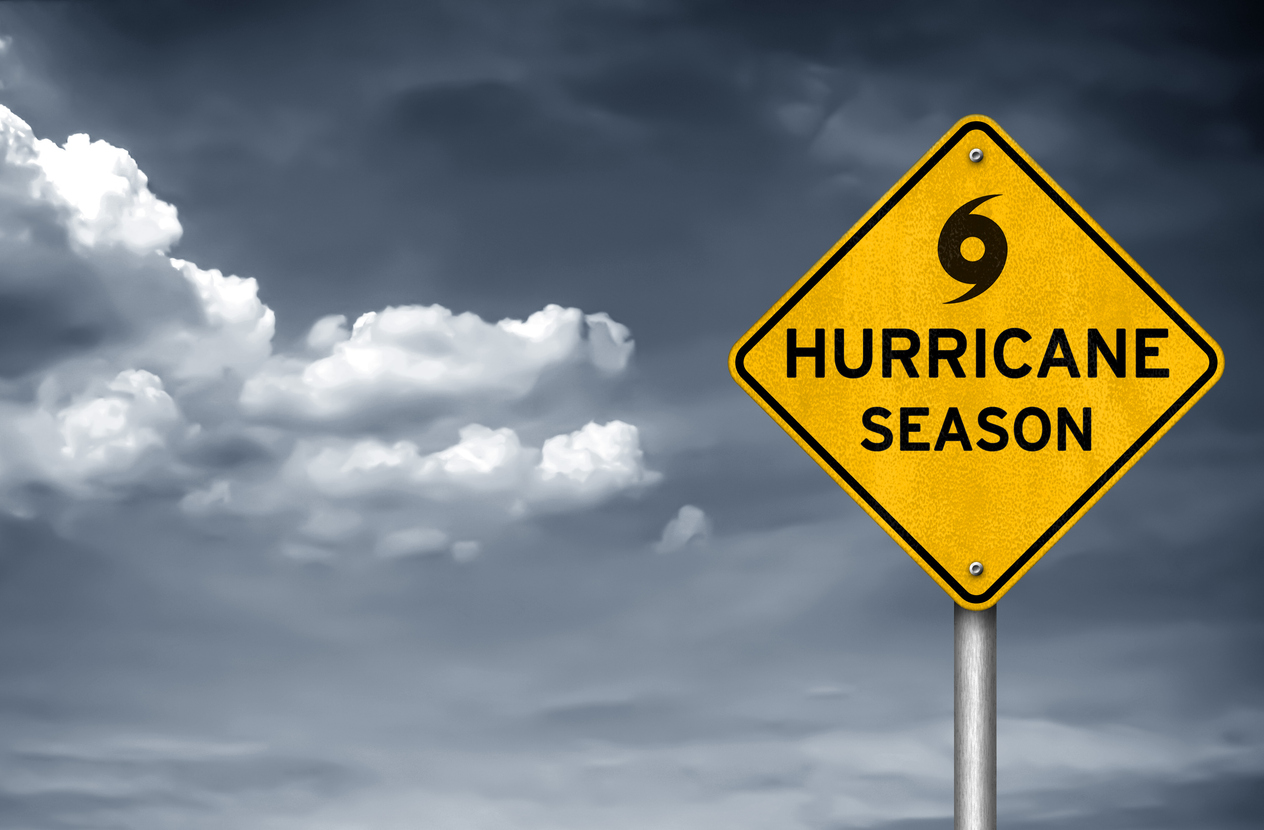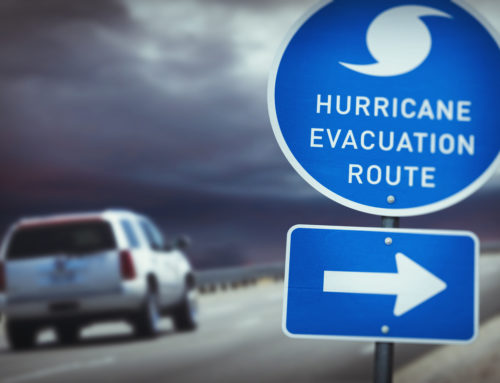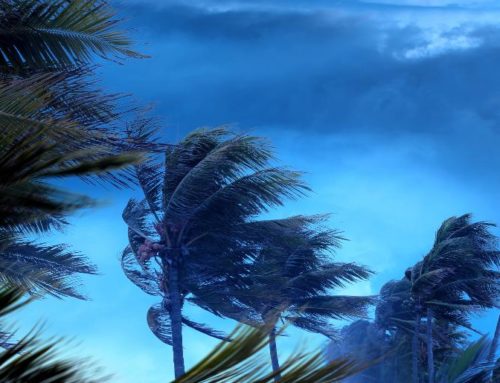Preparing for hurricane season is crucial for seniors, as they may have unique needs and challenges. Here are five essential tips to help seniors get ready:
1. Create an Emergency Plan
- Communication Plan: Establish a communication plan with family, friends, or neighbors. Make sure everyone knows how to contact each other and where to meet if separated.
- Evacuation Routes: Identify the nearest evacuation routes and shelters. Make a plan for how you will get there, considering transportation options.
- Special Needs Registry: Sign up for any special needs registries in your area. This can help emergency services be aware of your needs and assist you more effectively.
2. Prepare an Emergency Kit
- Essentials: Stock up on non-perishable food, water (at least one gallon per person per day for three days), and medications for at least a week.
- Medical Supplies: Include medical supplies such as hearing aids with extra batteries, glasses, mobility aids, and any necessary medical devices.
- Important Documents: Keep copies of important documents in a waterproof container. This includes identification, medical records, insurance policies, and a list of medications and prescriptions.
3. Secure Your Home
- Weatherproofing: Install storm shutters or board up windows with plywood. Secure loose items outside that could become projectiles.
- Emergency Power: Consider investing in a generator to maintain power for medical equipment. Ensure it is properly installed and you know how to use it safely.
- Insurance Check: Review your insurance policies to ensure you have adequate coverage for hurricane-related damages.
4. Stay Informed
- Weather Updates: Keep a battery-powered or hand-crank radio to receive weather updates and emergency information.
- Local Alerts: Sign up for local emergency alerts through your city or county’s notification system.
- Health Services: Know where the nearest hospital or medical facility is and how to get there in case of an emergency.
5. Plan for Pets
- Pet Supplies: Prepare a kit for your pets, including food, water, medications, and veterinary records.
- Evacuation: Plan for how you will transport your pets if you need to evacuate. Not all shelters accept pets, so identify pet-friendly shelters or hotels in advance.
- Identification: Ensure your pets have identification tags and are microchipped with up-to-date information.
Additional Considerations
- Community Resources: Reach out to local community centers or senior organizations for additional resources and support.
- Buddy System: Establish a buddy system with a neighbor or friend to check on each other before and after the storm.
- Practice Drills: Regularly review and practice your emergency plan to ensure you are familiar with it and can act quickly if needed.
By taking these steps, seniors can better protect themselves and ensure their safety during hurricane season.
Click here to download: FirstLantic’s Hurricane Checklist to help you prepare for the season. If you or someone you know is interested in care management or home healthcare services in South Florida, FirstLantic can help. We are locally owned and operated, providing our patients with the highest quality in-home care services in Fort Lauderdale (Broward County), as well as in-home care services in Delray Beach (Palm Beach County), North Miami (Miami-Dade) and Jupiter (Treasure Coast) since 2000. Click here to contact us.
 AVAILABLE 24 HOURS A DAY/7 DAYS A WEEK
AVAILABLE 24 HOURS A DAY/7 DAYS A WEEK Careers
Careers





